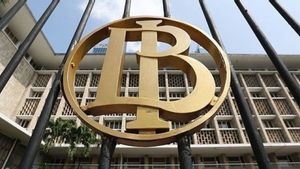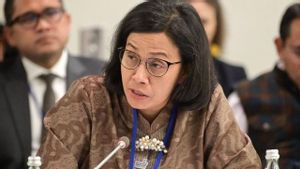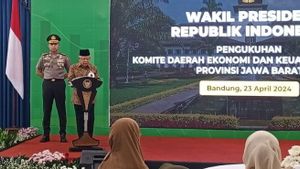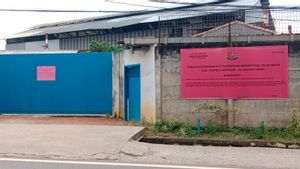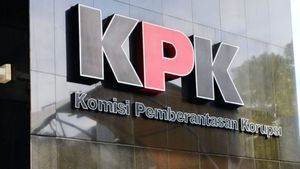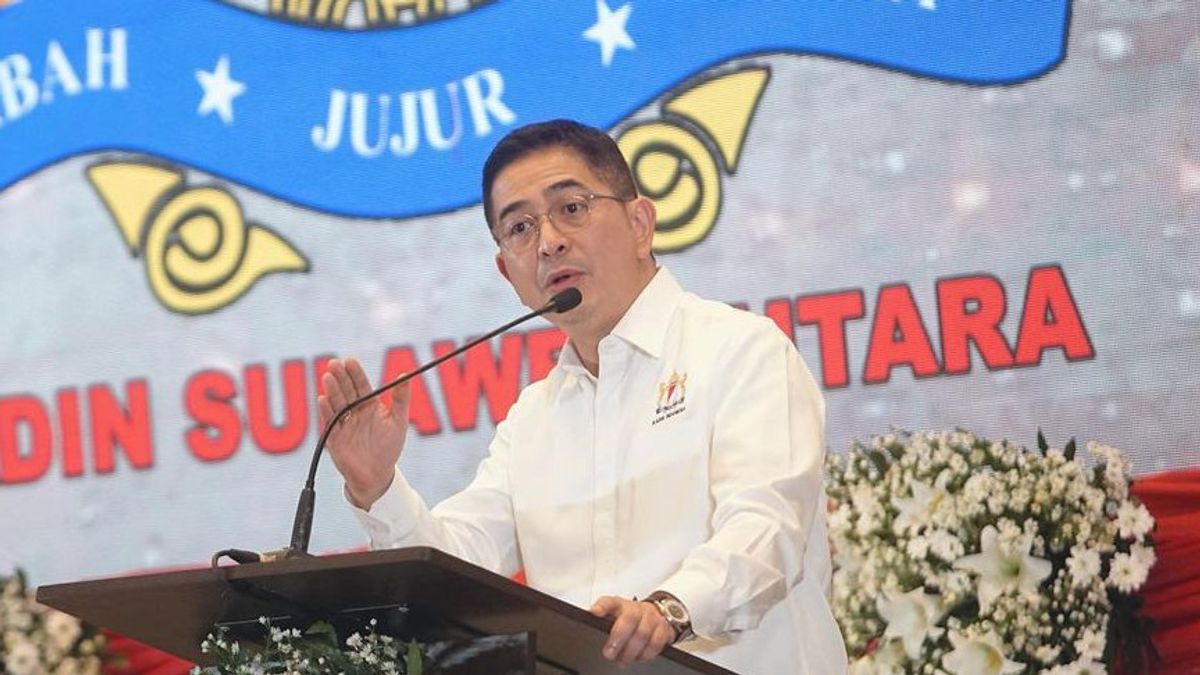
JAKARTA - General Chairperson of the Indonesian Chamber of Commerce and Industry (Kadin), Arsjad Rasjid said Indonesia is committed to global climate change initiatives, namely by achieving net-zero emissions by 2060 as well as nationally determined contributions (NDC) that set targets for reducing house gas emissions. glass by 29 percent by 2030. This commitment is fully supported by the Indonesian private sector.
According to Arsjad, the Indonesian private sector plays an active role in fulfilling climate change commitments. Moreover, the impact of climate change on human life has been increasingly felt, prompting countries around the world to sign the Paris Agreement to work together to limit the increase in global temperature to 1.5 degrees Celsius.
"Kadin is ready to play an active role in helping the Indonesian government to fulfill our country's climate change commitments. Kadin will invite all components of the private sector, both large companies and MSMEs to collaborate to help the government achieve Net Zero Indonesia in 2060," he said at the opening ceremony of the pavilion The United Nations Framework Convention on Climate Change (UNFCCC) held in Glasgow and Jakarta, 1 November.
Kadin, continued Arsjad, will focus on sustainability initiatives that have been carried out by the private sector, such as the carbon market mechanism, reducing deforestation, transitioning to new and renewable energy, waste management with a main focus on plastic waste, as well as impact investment for companies with climate change. positive.
"We believe that collaboration between the public and private sectors as well as international parties needs to be further encouraged and strengthened post-COP26. We have set seven priorities to accelerate decarbonization," he said.
Arsjad said the seven priorities include collaboration in the preparation of regulations and implementation of carbon pricing. Second, forest-based economic development. Third, increasing the share of new and renewable energy in the energy mix.
Then, accelerate the adoption of electric mobility. Fifth, the development of end-to-end circularity programs in key sectors. Sixth, innovation and expansion of sustainable agricultural practices. Finally, the use of sustainable finance to accelerate the transition.
In addition to Glasgow, the Indonesian Pavilion will also be held at the Manggala Wanabakti Auditorium, Jakarta on November 1-12 2021. Arsjad said this is a form of Soft Diplomacy's efforts to voice Indonesia's actions, strategies and innovations to the international community, as a tangible form of participation. together to prevent an increase in global temperature.
The pavilion showcases various developments and innovations in climate change control carried out by the Indonesian government and private sector as well as other related strategic partners.
"We hope that this pavilion can be a means for all parties to share constructive and integrative information, as well as open opportunities for parties to explore ideas, opportunities, and networks in order to strengthen efforts to control climate change," said Arsjad.
The English, Chinese, Japanese, Arabic, and French versions are automatically generated by the AI. So there may still be inaccuracies in translating, please always see Indonesian as our main language. (system supported by DigitalSiber.id)



